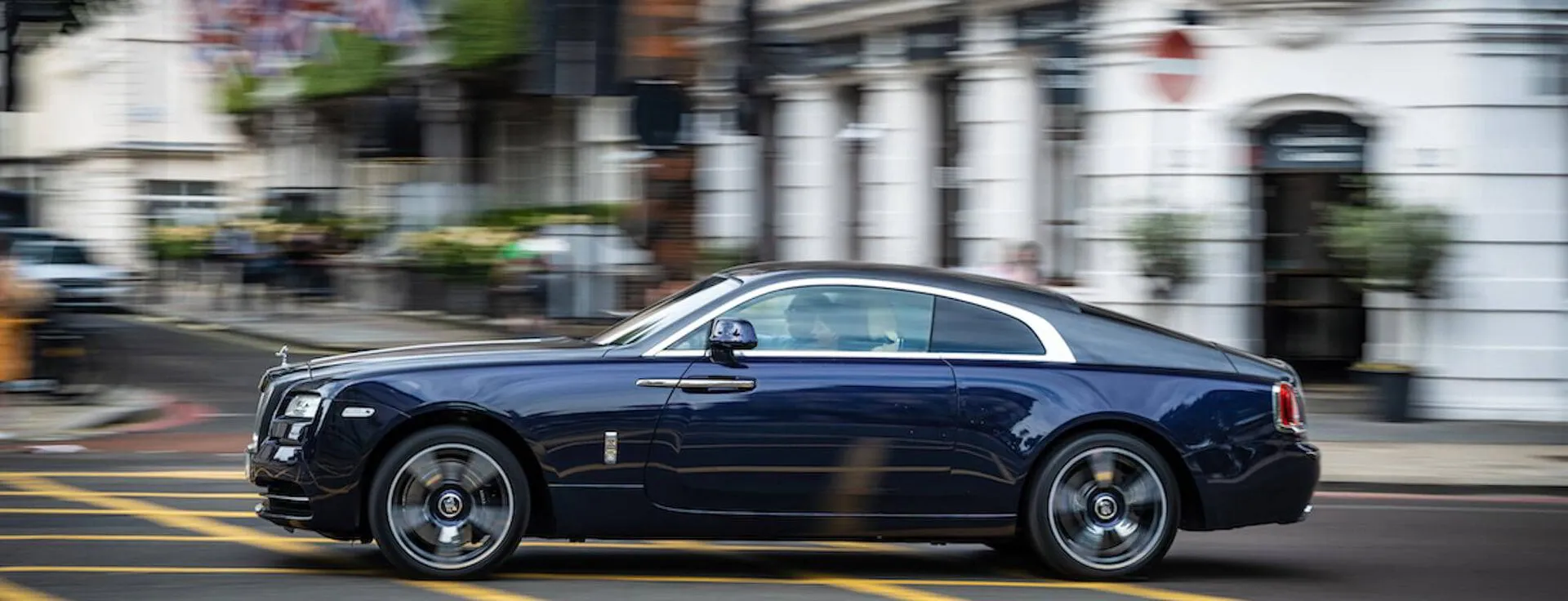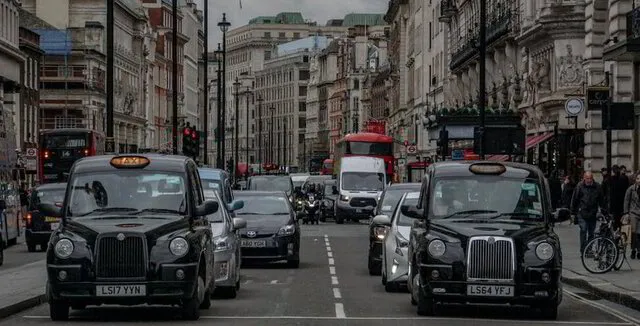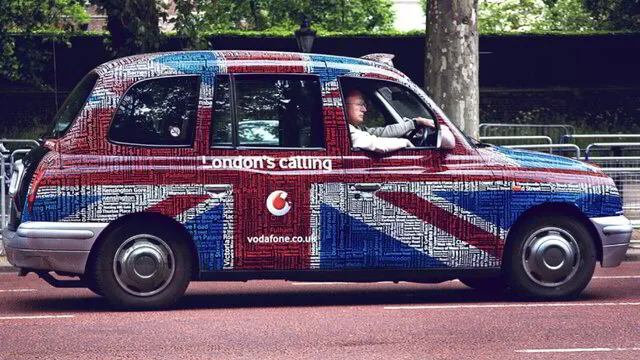Hit and run accidents can be devastating, leaving in their wake victims with physical injuries and emotional trauma, and not forgetting damaged property. It's important to know the police’s hit and run procedure and what you can do to protect your rights as a suspected perpetrator, or a victim of an accident.
The article provides an overview of the hit and run procedure in the UK, including what constitutes a ‘hit and run’, the potential penalties, and possible defences should you be charged with leaving the scene of an accident.
Content Overview
Police hit and run procedures in the U.K.
Penalty for hit and run in the U.K.
Frequently Asked Questions about the Police Hit and Run Procedure in the UK
How long do I have to report a road accident?
Do the police prosecute all hit and run cases?
What are the possible defences for a hit and run case?
Preventing hit and run accidents
What is a hit and run?
The proasic term ‘hit and run’ refers to two serious motoring offences, both of which refer to ‘leaving the scene after an accident’. The offences are ‘failing to stop after an accident’ and an associated offence of ‘failing to report an accident’. In summary, you can be charged when you cause damage to property, or injury to another road user, and then leave the scene without stopping. The duration of time for which you should stop, and what you should do having stopped are important points (addressed later).
If you are involved in a traffic accident, it is important to stop, and exchange your details with anyone reasonably entitled to them—and if not, then report the incident to the police as soon as possible, or at least within 24 hours. The police will investigate the incident and may attempt to identify the drivers and vehicles involved. They may also gather witness statements and collect evidence, such as damage to the vehicles, or physical evidence left at the scene.
Police hit and run procedures in the U.K.
Section 170 of the Road Traffic Act 1988 requires motorists who are involved in a motoring accident to stop and report it to the police.
The Police have at their disposal many methods to help them identify drivers responsible for hit and run incidents. For example, reviewing CCTV footage, collecting physical evidence from the scene, and obtaining witness statements. By following these leads, police may be able to locate and apprehend the suspect for leaving the scene of the accident.
In the absence of the guilty party, evidence from witnesses to a hit and run accident is very valuable. If you witness a hit and run incident, you should make a report to the Police. Your evidence could be instrumental in identifying and apprehending the guilty driver, or in removing suspicion from other drivers at the scene.
If the police locate the individual responsible for the hit and run, they may be charged with failing to stop at the scene of an accident, failing to report an accident, and/or causing injury or death by dangerous or careless driving, or driving without due care & attention These charges carry significant legal consequences, including fines, imprisonment, or a driving ban.
Penalty for hit and run in the U.K.
The penalty for hit and run offences in the UK depends on the severity of the incident and the individual's level of fault. If an individual is found guilty of failing to stop at the scene of an accident, they could face up to six months in prison, an unlimited fine, 10 penalty points or a disqualification from driving.
If the hit and run resulted in serious injury, the offender could receive a maximum prison sentence of 5 years, a minimum driving ban of 2 years, and be required to retake their driving test after the ban has been lifted.
If the incident caused death by dangerous driving, the driver could face a maximum sentence of 14 years in prison, a two-year driving ban, and be required to retake their driving test.
In addition to criminal penalties, individuals convicted of hit and run offences may also face civil liabilities, including damages awarded to the victim or their family.
How long do I have to report a road accident?
You have to personally report the incident to the police as soon as is reasonably practicable but certainly within 24 hours if :
- the accident caused injuries or risk to other motorists, cyclists or pedestrians;
- the incident damaged nearby structures that left debris on the road;
- the other party to the accident or the owner of the damaged property cannot be identified
Do the police prosecute all hit and run cases?
If the accident caused serious injury or damage and there is sufficient evidence, then the police will aim to prosecute and secure a conviction. But every case is evaluated individually, depending on the circumstances.
Insurance companies may settle between them cases where an accident causes minor damage to the vehicles involved.
What are the possible defences for a hit and run case?
Although failing to stop after an accident, or failing to report an accident, can have serious consequences, it is possible to defend the charge in certain circumstances.
A specialist driving offence solicitor can help you assess the circumstances that can be successfully argued in your favour.
Some possible defences include:
- the lack of evidence that you were driving the car;
- the lack of evidence that you did not stop;
- The fact that you did stop, but due to the time of day or the location there was no-one you could reasonably have spoken to or given your details to
- the lack of evidence that there was damage to property or injury to other road users;
- there was a valid reason for not stopping, for example, not knowing an accident had happened
I have covered this topic thoroughly in my article about Failing to Stop or Report an Accident.
Preventing hit and run accidents
While it's important to know what to do if you're involved in a hit and run accident, it's even more important to try to prevent these types of incidents from occurring in the first place. Here are some tips for preventing hit and run accidents:
Always pay attention while driving: Distracted driving, whether it's due to texting, eating, or other distractions, can increase the risk of a hit and run accident. Stay focused on the road and avoid engaging in any activities that could take your attention away from driving.
Follow traffic laws: Obeying traffic laws, such as speed limits and traffic signals, can help reduce the risk of a hit and run accident.
Stay calm: If you're involved in a collision, do your best to stay calm. This will help you think more clearly and make better decisions.
Don't leave the scene: Even if you don't think the collision was your fault, it's important to stay at the scene and exchange information with any other parties involved. You must stop - the length of time for which you should stop depends on the circumstances. I acted for a professional footballer who crashed his Bentley into the front of a cafe in the early hours of the morning. He saw no-one, even though a resident had heard the crash and was on her way down to speak to him. The burglar alarm for the premises he had crashed into was sounding. The footballer was convicted, on the basis that he had not stopped at the scene for long enough and should have realised that the Police would respond to the alarm, or that it would cause residents to appear.
Conclusion
Leaving the scene of an accident can be a serious offence, and it's important to behave in a responsible manner that accords with the law.
If you have the misfortune to cause injury to other road users, or damage to property, while driving, you should seek expert help. This will help you avoid unnecessary stress and the overwhelm that comes from not knowing what to do.
I can help you through the legal process, which includes the preparation of the strongest defence case to either avoid conviction or minimise penalties, as appropriate. If you receive a notice of intended prosecution, Call me at 0151 601 3743 for a free initial consultation.



